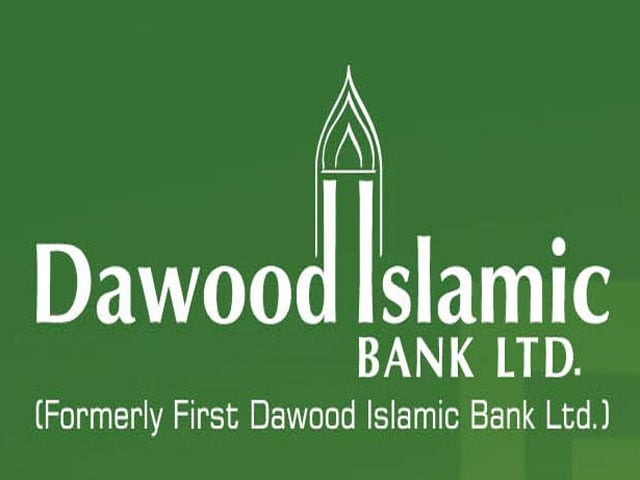With new identity, Burj Bank owners hope to jumpstart growth
Dawood Islamic Bank had stagnated over the last two years.

The bank has a new name and new capital and now wants to go out and get new customers. On Monday, Dawood Islamic Bank formally changed its name to Burj Bank, in what appears to be an effort to build a new brand image for its expansion efforts.
Dawood Islamic Bank was the smallest Islamic bank in the country and has been earning losses for the last two years in a row. The bank was founded in 2007, at the height of the financial services boom in Pakistan. It did well for the first two years, earning profits and growing its network to 50 branches in 17 cities.
Thereafter, it has stagnated, with no new branches being opened since 2008 and the bank earning ever increasing losses. In 2009, the bank’s net losses were Rs293 million, which increased to a loss of Rs536 million in 2010.
Yet the bank’s management seemed keen to put the past two years behind them as they launched new brand name: Burj Bank, which the company decided would reflect the bank’s new capital injection. The announcement was made through a press conference in Karachi.
Two Middle Eastern investors – Islamic Corporation for Development of the Private Sector (ICD), Jeddah and Unicorn Investment Bank, Bahrain – have invested about $21 million (Rs2 billion) into the bank to ensure that its paid-up capital meets the State Bank of Pakistan’s minimum requirements. ICD and Unicorn hold a combined 70% of the bank’s shares.
The bank’s president and CEO, Pervez Said, said that the bank planned on launching new products such as auto-financing and monthly profits on deposit accounts in a bid to grow the company’s balance sheet. As of March 31, 2011 – the latest date for which figures are available – Burj Bank had assets of Rs18.2 billion, one of the smallest in the entire Pakistani financial system.
Yet Said seemed optimistic about the bank’s prospects, pointing the fact that the bank’s non-performing assets ratio was relatively low. Non-performing assets form about 5.8% of total lending, according to the bank’s financial statements, and have been getting lower still this year. Non-performing loans were down 23% in the first quarter of 2011.
The key to the bank’s growth strategy seems to be the increased use of technology, coupled with better synergies with the Middle Eastern financial institutions that form the bulk of the company’s shareholding.
“Burj Bank plans to broaden its remittances portfolio with the help of its Middle Eastern investors who have diversified experience in this sector,” explained Said, adding that the reason Islamic banks have not had much success in handling the $11 billion annual flow of expatriate remittances into Pakistan is because they are relatively new, compared to some of the larger, more established banks.
The bank’s management also seemed to be keen to emphasise its linkages to the Middle East, and not just in the new name (“burj” means “tower” in Arabic).
ICD’s chief operating officer Ahmed Khizer and Unicorn Investment Bank’s strategic mergers and acquisitions managing director Nicolas Martin were both at the press conference in Karachi, and stated that their respective institutions would continue to support Burj Bank.
Published in The Express Tribune, July 12th, 2011.



















COMMENTS
Comments are moderated and generally will be posted if they are on-topic and not abusive.
For more information, please see our Comments FAQ